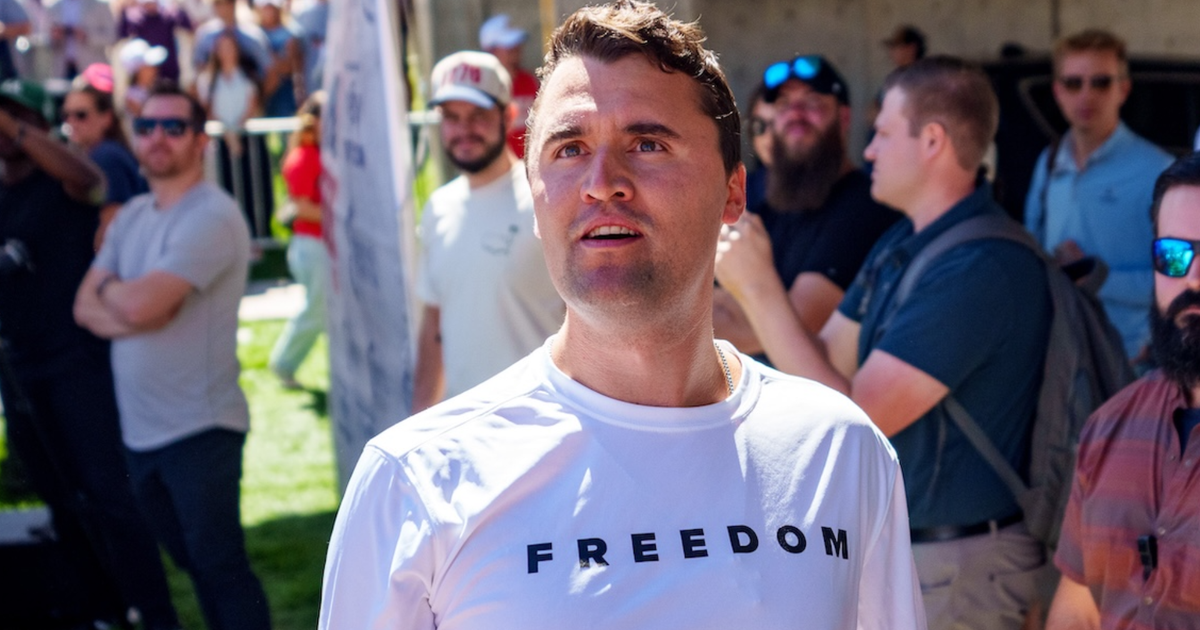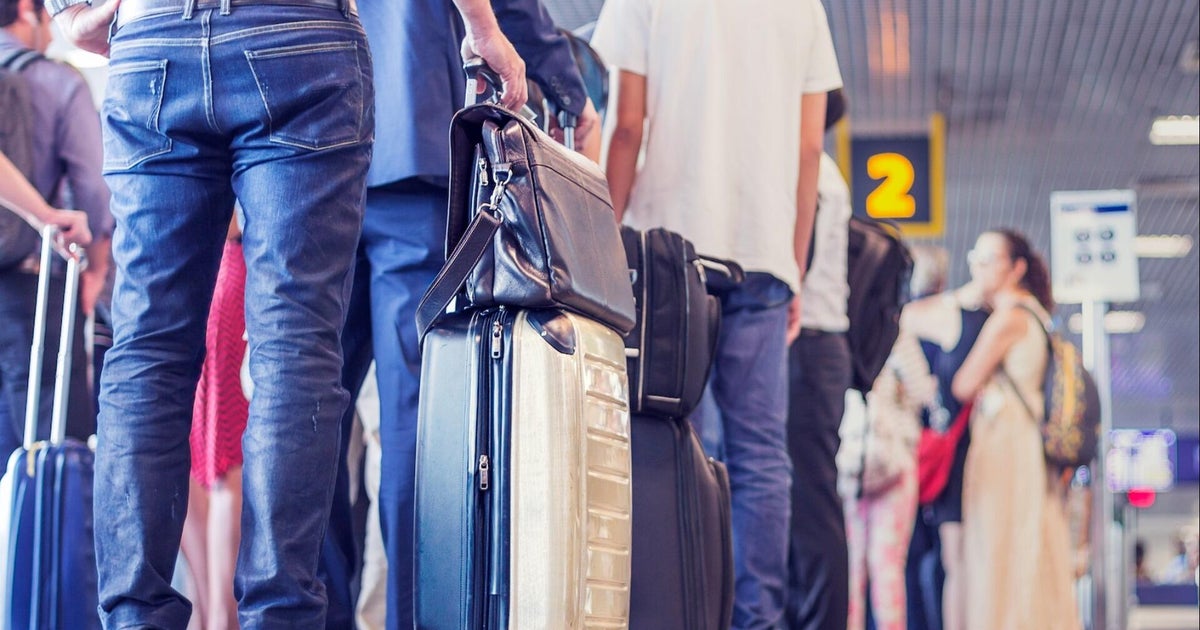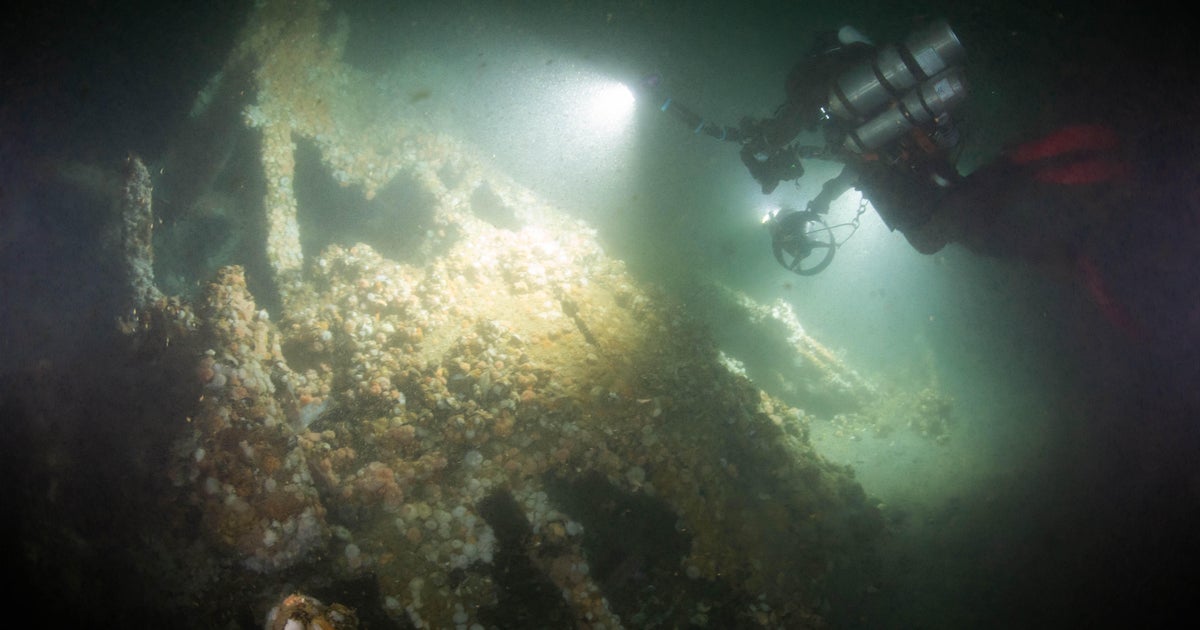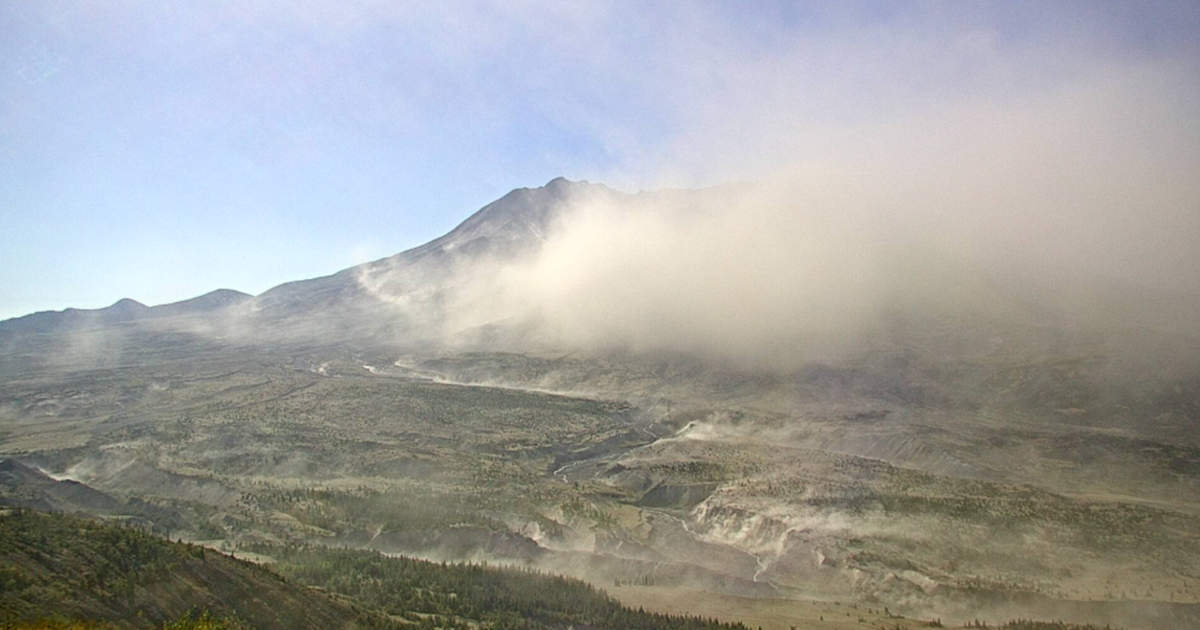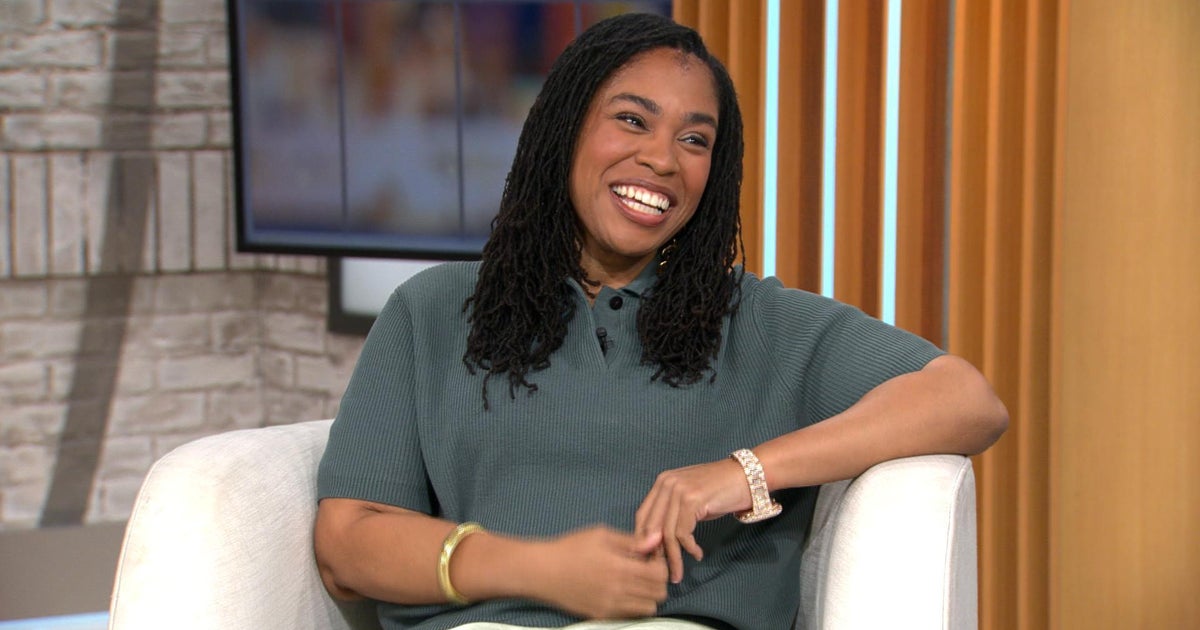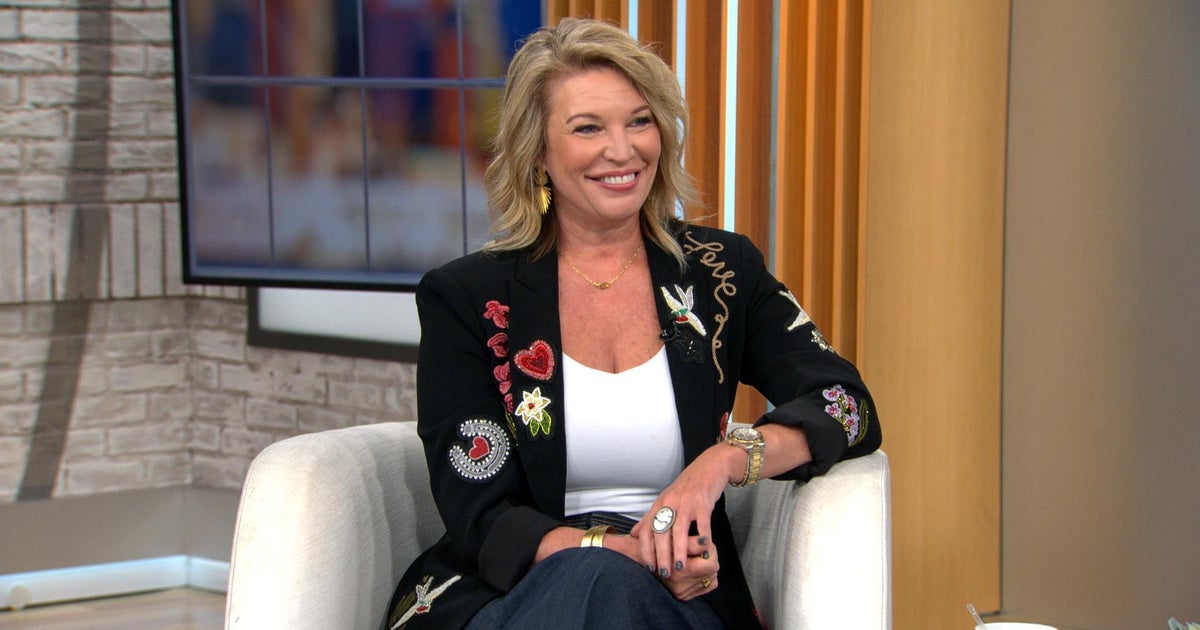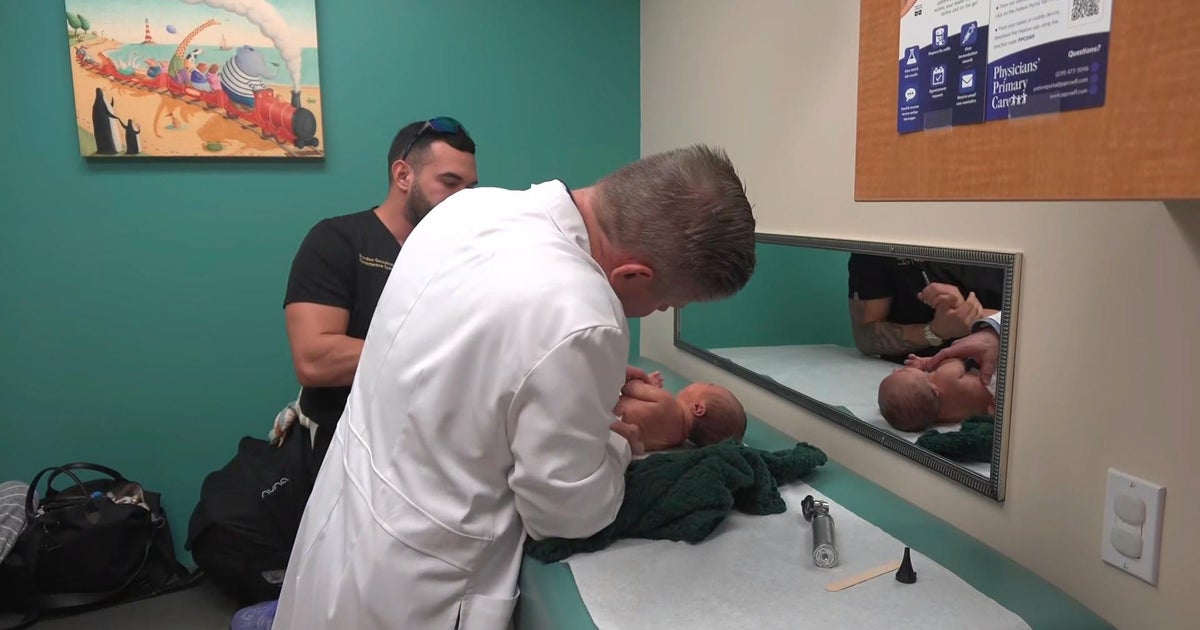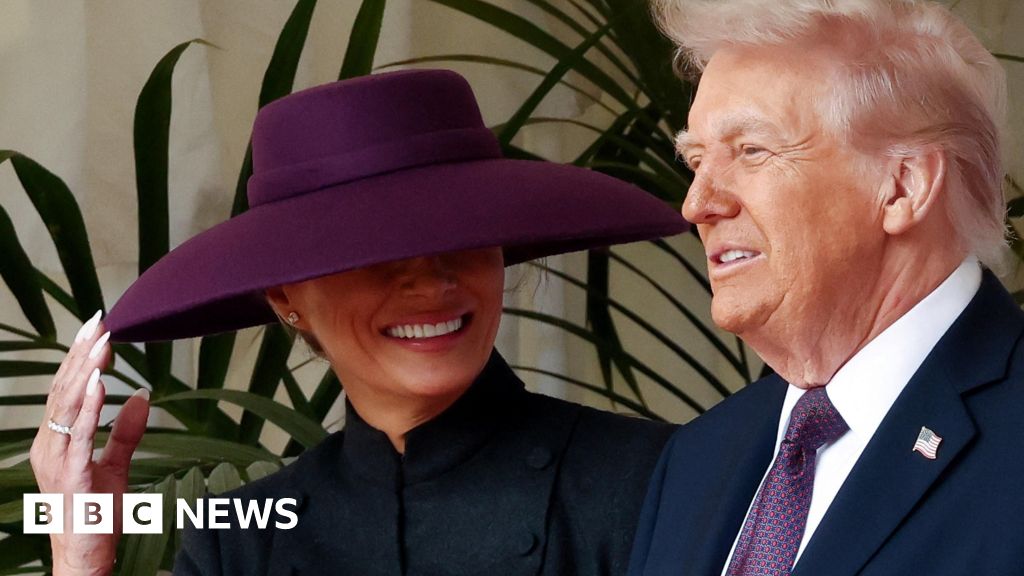One minute I was hunting in the bathroom for a Band-Aid, the next I was on the floor, sobbing. The reason? I’d spotted a forgotten pack of Cash’s name tapes, ordered more than a decade earlier to sew into my three kids’ school uniforms.
The blue lettering reminded me for the millionth time of my status as an empty nester. Now aged from 27 to 32, my kids are long past the drop-ins between gap years or lease-limbo stints. They’re gone for good.
Finding those tapes rocketed me back to when Sundays meant Nutella crêpes. When Friday nights involved Mario Kart tournaments. And when mornings signalled the launching of small bodies into my bed to create what we called the “box o’ pups”.

The children leave and the responsibilities shift, but they don’t disappear. What changes is the daily intensity.Credit: Getty Images
It was a time when my heart was permanently outside my body, especially on the sidelines of a rugby ground where once a blond boy lay in the mud, leg snapped like a pencil. When a police sergeant with a flat voice warned, “Don’t be a smart-arse, son.”
Motherhood was a total immersion gig, from the second that first baby slid out into my arms and heart, until the last one left home. Of course, you don’t stop being a mum once they move out, but the nature of it shifts. You’re no longer the person who knows where everyone’s mouthguard and emotional tipping point is. Instead, you field texts about stick vacuums and how to remove mould from dinner suits.
I thought I’d love this phase. I’d eat a pear or mochi ball for dinner if I felt like it. Not wear pants. I do love those things – but the lack of responsibility feels bittersweet.
I started wondering: is this just me being dramatic? Or is everyone secretly struggling?
Research says most parents adjust within months and the majority report relief and freedom when their last kid leaves. Even the whole idea of “empty-nest syndrome” – first proposed in 1914 – has been largely debunked. It’s not a clinical condition, more a temporary wobble.
Still, I wanted to know how other women were doing it. Were there ways to make this phase feel less stabbingly poignant?
After her ex-husband died, author and time-management specialist Kate Christie was moved by this sudden loss to write The Life List. The idea? Do what you want to do now. Do not wait.
To that end, Christie – who once meshed three kids under four with a corporate law career – has been intentional in creating a “fantastic” empty-nesting life. She’s just ditched Melbourne suburbia for a two-bedroom city apartment attached to a hotel. Think concierge, garden, gym, room service.
Last year Christie, 55, spent seven weeks in Bali, working remotely and learning to surf. Earlier in 2025, she bought a 100-year-old Sicilian palazzo with her partner, to restore and live in during European summers.
“I gave my kids a long runway. From the minute my youngest started his final school exams I said, ‘this next chapter is my turn’,” she says. “I was forward-thinking about what world I wanted to create for me when I wasn’t the centre of my kids’ world.”
Identifying as part of a generation Forbes calls “super consumers” – the most educated, healthy, wealthy cohort of midlife women ever – Christie now focuses on three key resources: her time, energy and money.
“I’m investing them in people and experiences I love,” she says. “At some point my dad’s health will deteriorate and my kids will have kids, and I’ll want to be around for that. I see this window as a sliver of time and I need to maximise it.”
Loading
Also in Melbourne, marketing consultant and speaker Katrina McCarter is experiencing her own empty-nesting transformation. Her kids, aged 18, 20 and 22, are gradually spreading their wings, and she’s been doing “conscious empty nesting” prep for a couple of years.
“I got super clear on what I value, what I want as I live my empty-nesting years on my terms,” says McCarter. “I’m excited about the opportunity to explore and discover new things, places – to discover me. I’m looking for more action and adventure.”
Currently renting after her divorce, she’s assembled a health team, financial planner and wealth adviser (“I’ll need money to travel”), bought an inner-city investment property and stockpiles frequent flyer points.
“What I’m most looking forward to is fewer daily responsibilities, less compromise, more choice, time to focus on relationships and redefining my role with my almost independent children,” says McCarter, 54.
What’s surprised her the most? “The time I’m starting to get back and the impact it’s having on my career. I’ve been able to take on more work across Australia and overseas. My job is flourishing – in my 50s.”
Righto. Here’s what I’m hearing is the empty-nest liberation formula: do it consciously. Set your non-negotiables. Focus on what you can have now, not what you’ve lost.
“I just feel really calm and content,” says Christie. “I feel well-loved and that the hard work has paid off.” Adds McCarter, “I’m feeling more empowered than at any time in my life.”
Maybe my tears over those name tags weren’t really about grief. The children leave and the responsibilities shift, but they don’t disappear. What changes is the daily intensity, the constant vigilance, the endless small decisions.
And what emerges is space – space to remember who you were before you became someone’s mum. And space to discover who you might become next.
Maybe the tears were about realising I’d been so focused on an ending that I’d missed a beginning.
Boogie Wonderland (Affirm Press) by Kate Halfpenny is out now.
Get the best of Sunday Life magazine delivered to your inbox every Sunday morning. Sign up here for our free newsletter.
Most Viewed in Lifestyle
Loading

